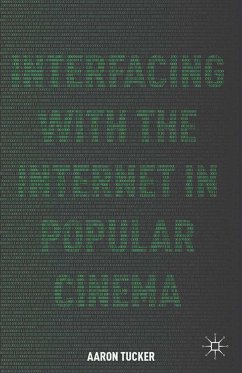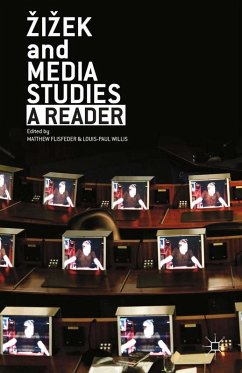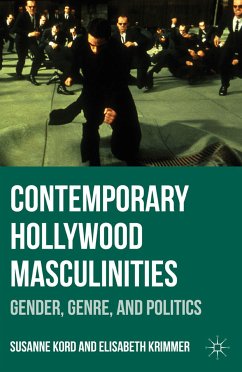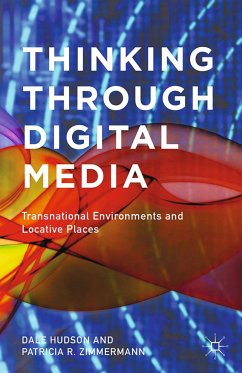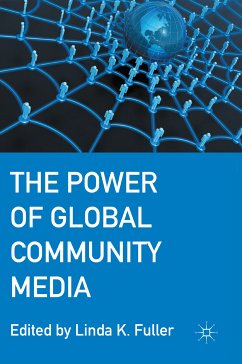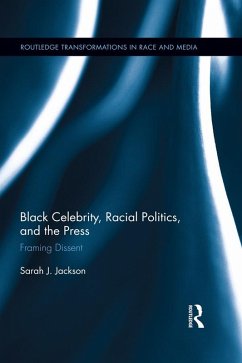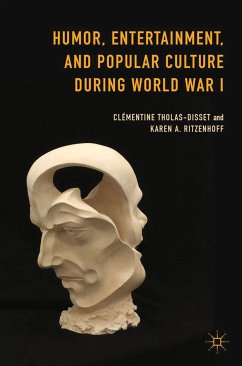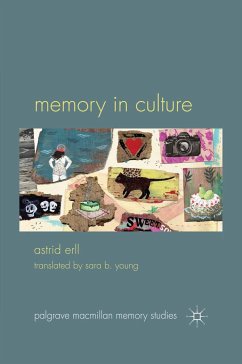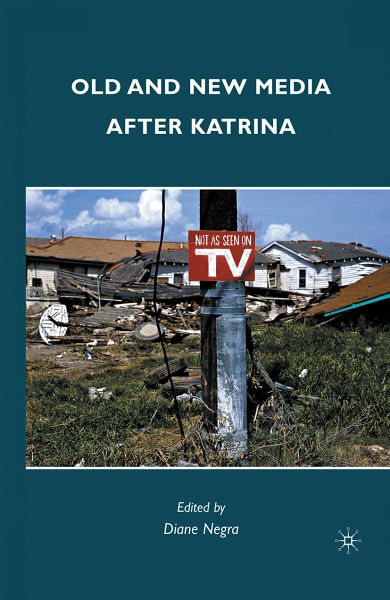
Old and New Media after Katrina (eBook, PDF)
Versandkostenfrei!
Sofort per Download lieferbar
40,95 €
inkl. MwSt.
Weitere Ausgaben:

PAYBACK Punkte
20 °P sammeln!
Ten years after Hurricane Katrina, this thoughtful collection of essays reflects on the relationship between the disaster and a range of media forms. The assessments here reveal how mainstream and independent media have responded (sometimes innovatively, sometimes conservatively) to the political and social ruptures "Katrina" has come to represent. The contributors explore how Hurricane Katrina is positioned at the intersection of numerous early twenty-first century crisis narratives centralizing uncertainties about race, class, region, government, and public safety. Looking closely at the org...
Ten years after Hurricane Katrina, this thoughtful collection of essays reflects on the relationship between the disaster and a range of media forms. The assessments here reveal how mainstream and independent media have responded (sometimes innovatively, sometimes conservatively) to the political and social ruptures "Katrina" has come to represent. The contributors explore how Hurricane Katrina is positioned at the intersection of numerous early twenty-first century crisis narratives centralizing uncertainties about race, class, region, government, and public safety. Looking closely at the organization of public memory of Katrina, this collection provides a timely and intellectually fruitful assessment of the complex ways in which media forms and national events are hopelessly entangled.
Dieser Download kann aus rechtlichen Gründen nur mit Rechnungsadresse in A, B, BG, CY, CZ, D, DK, EW, E, FIN, F, GR, HR, H, IRL, I, LT, L, LR, M, NL, PL, P, R, S, SLO, SK ausgeliefert werden.



